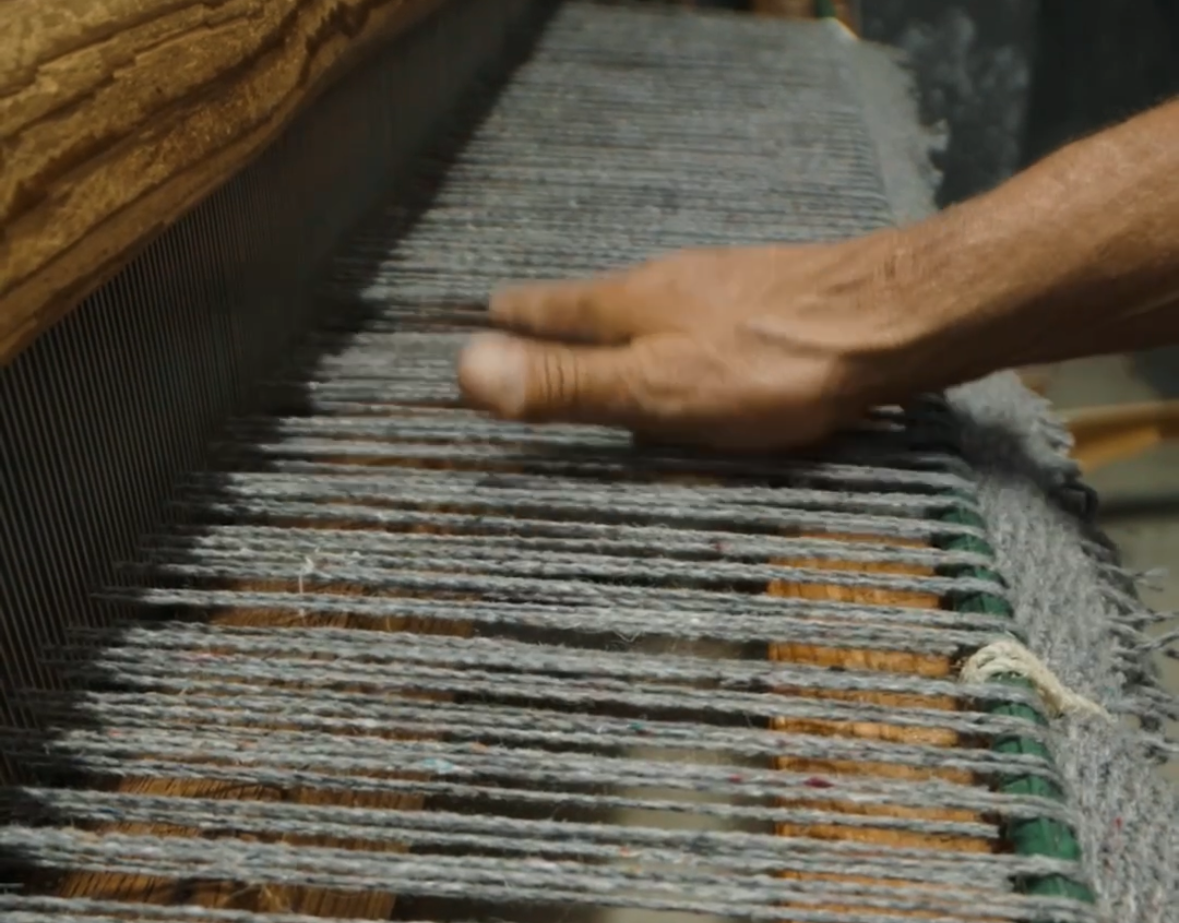The journey from century-old looms to green of these exclusive merino wool headcovers starts in Portugal’s Alentejo region, nestled beyond the left margin of the Tagus River.
FABRICAAL'S ORIGINS
To create this collection we partnered up with Fábrica Alentejana de Lanifícios (Fabricaal), one of only three original secular wool handicrafts to still exist in Europe.
In the 1930s, António Durão established a workshop that employed skilled masters and apprentices in the art of woolcraft.
This workshop later evolved into the Fabrica Alentejana de Lanificios under the leadership of Jose Rosa. With Rosa's improvements in design, quality, and production techniques, the workshop flourished. He even created a distinct brand image, “mantas de Reguengos” (“Reguengos blankets”), which received the prestigious Gold Medal at the Brussels Universal Exhibition in 1958.
The blankets and wool products produced by the factory were used by local shepherds to protect themselves from the cold, and as such most of the patterns and colours used are closely related to Alentejo, with its floral fields of orange, yellow, brown and red, and motifs that resemble the typical houses from the region.
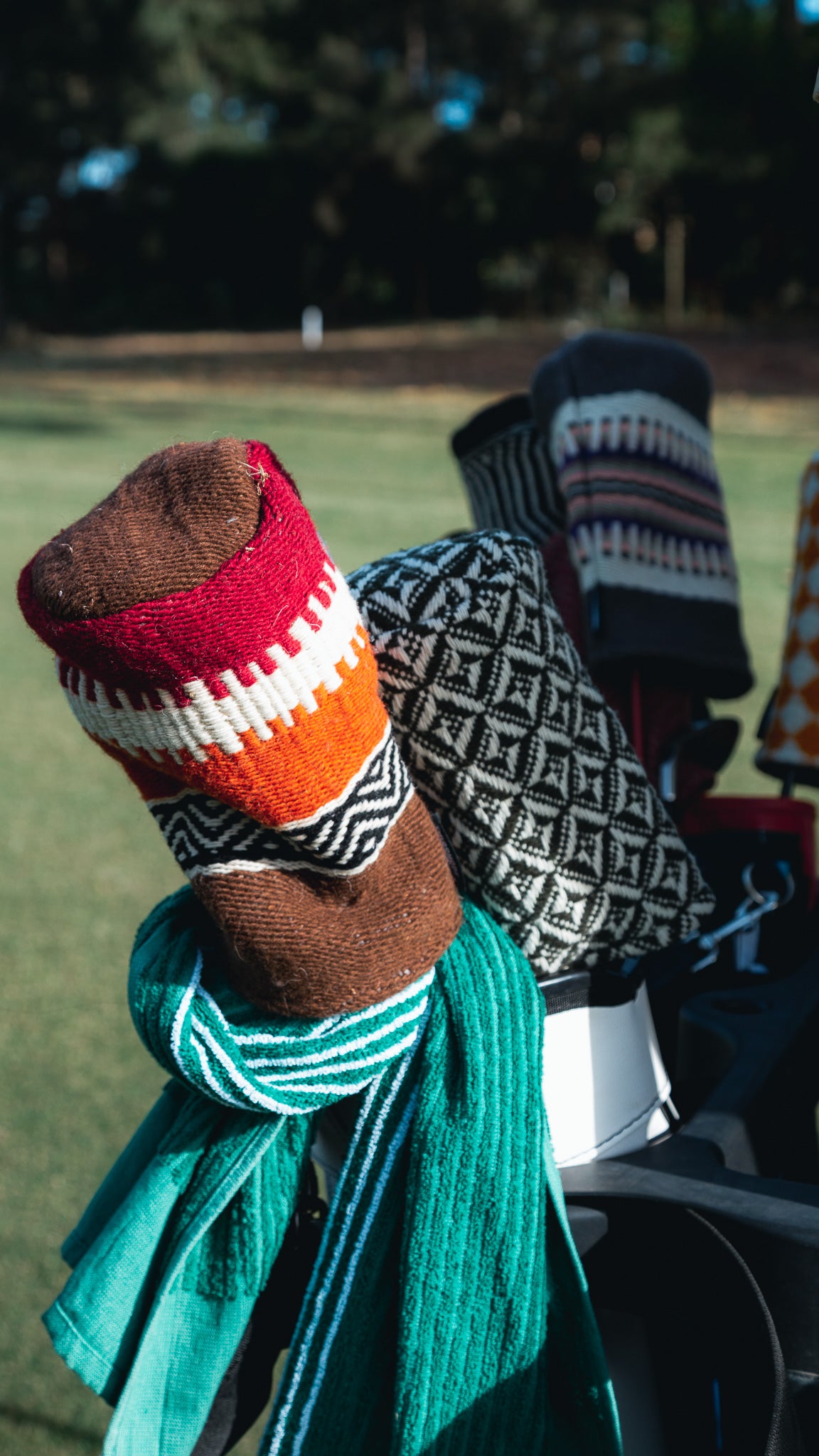
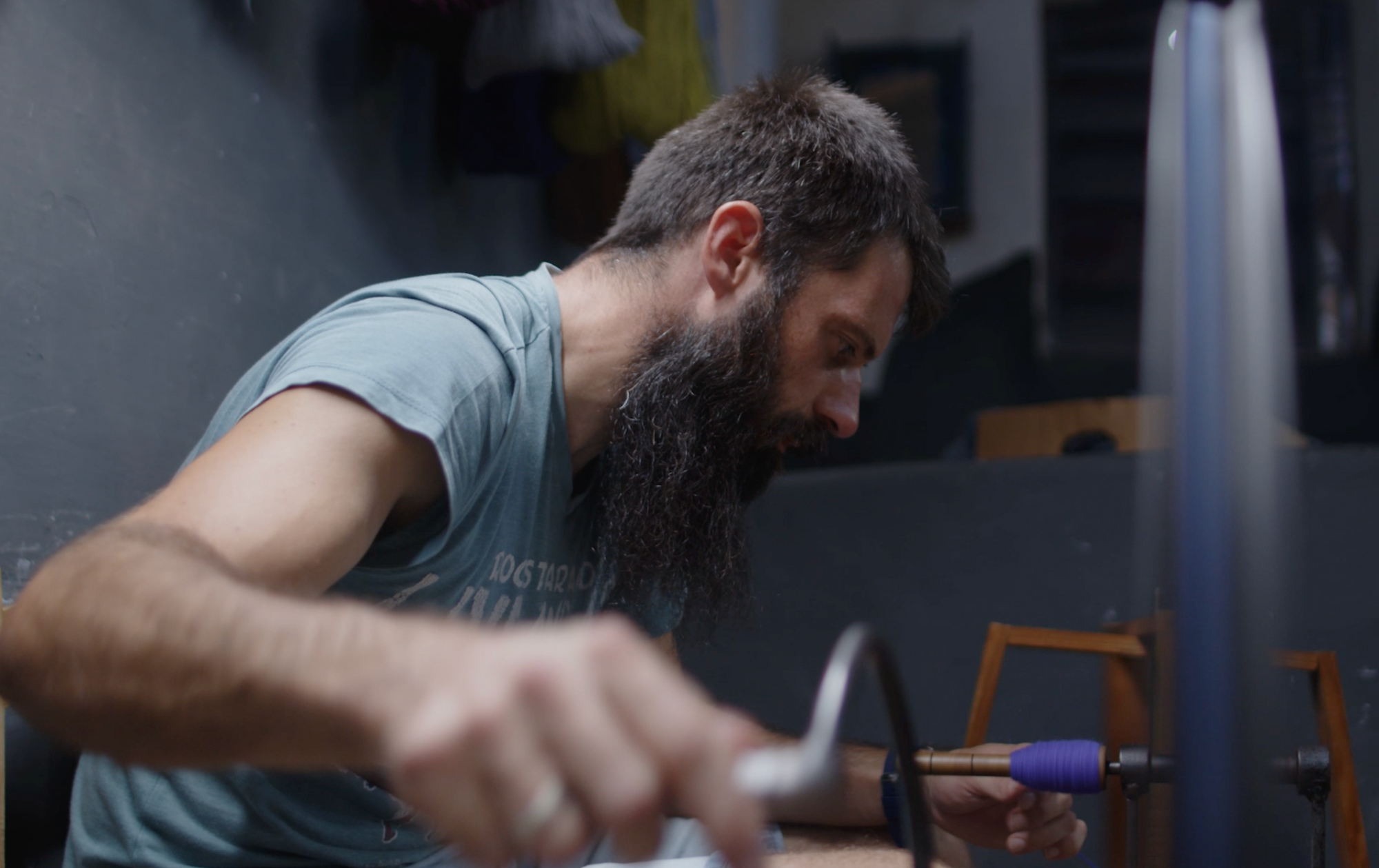
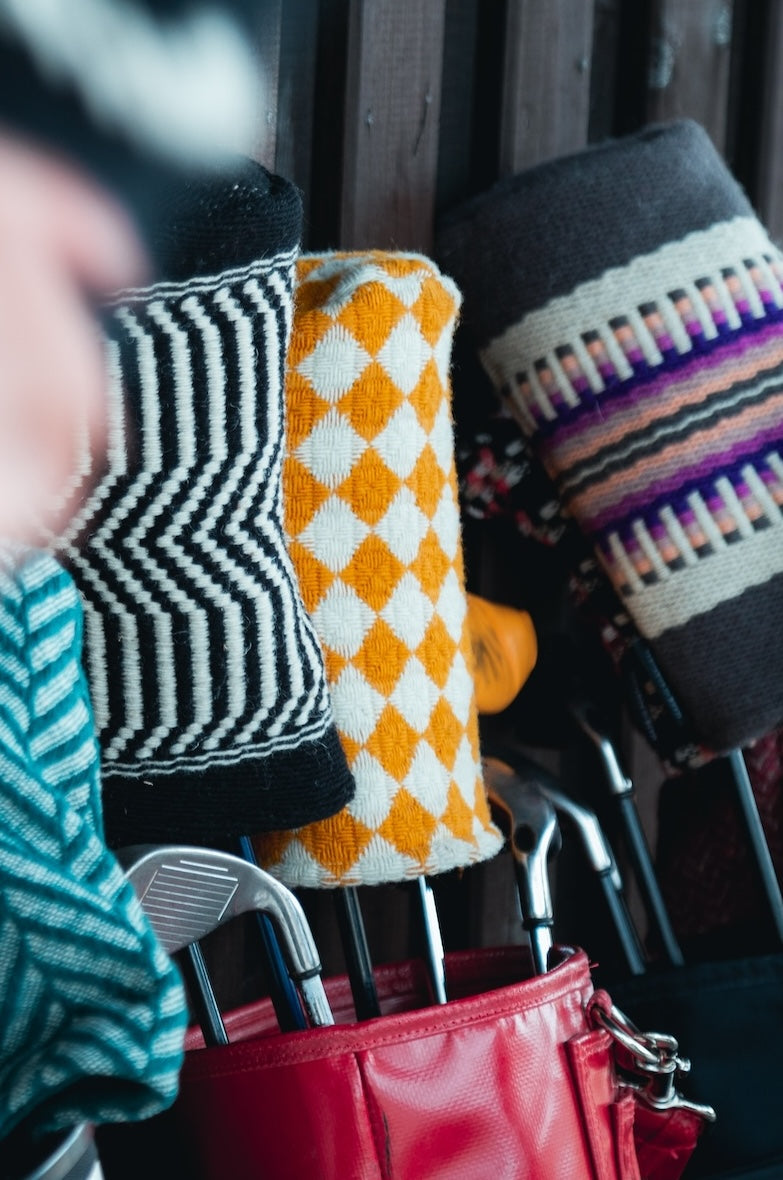
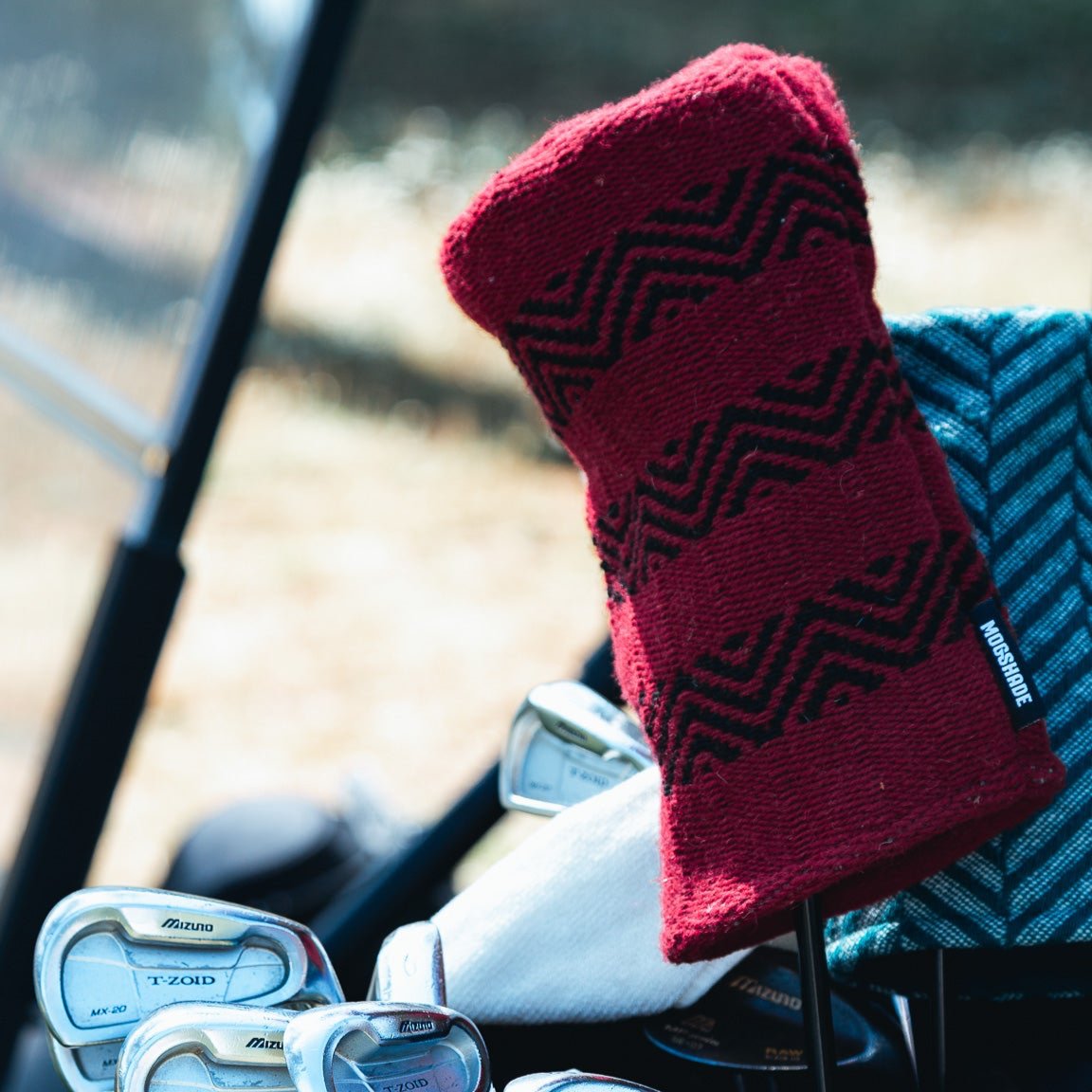
Mizette Nielsen's legacy
In 1977, Mizette Nielsen, a talented artisan from the Netherlands, embarked on a new chapter by taking over the business.
Nielsen recognised the importance of preserving the timeless tradition of heirloom blankets while also infusing the brand with her own creative design innovations. She successfully maintained the Reguengos fabrics' reputation for prestige and quality, while introducing fresh elements that kept the brand vibrant.
Nielsen's contributions added value and breathed new life into this iconic art, which has become an integral part of the cultural identity of the Alentejo region.

A NEW ERA
In January 2020, a new era began as António Carreteiro, Luís Peixe and Margarida Adónis, a group of three visionary Portuguese entrepreneurs, took ownership of the looms.
Driven by their passion for the Alentejo's wool craft tradition, they made a profound commitment to local artisans and sought to introduce innovative products and repurpose traditional fabrics.
The traditional weaving patterns and manual production of the blankets allow for personal customisation, blending the timeless beauty of ethnic influences with contemporary design. These blankets come in various forms such as cloaks, rugs, bedding, furniture, and now golf accessories.
